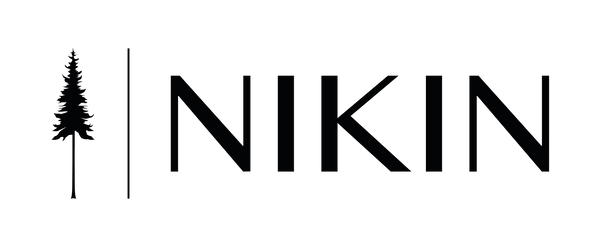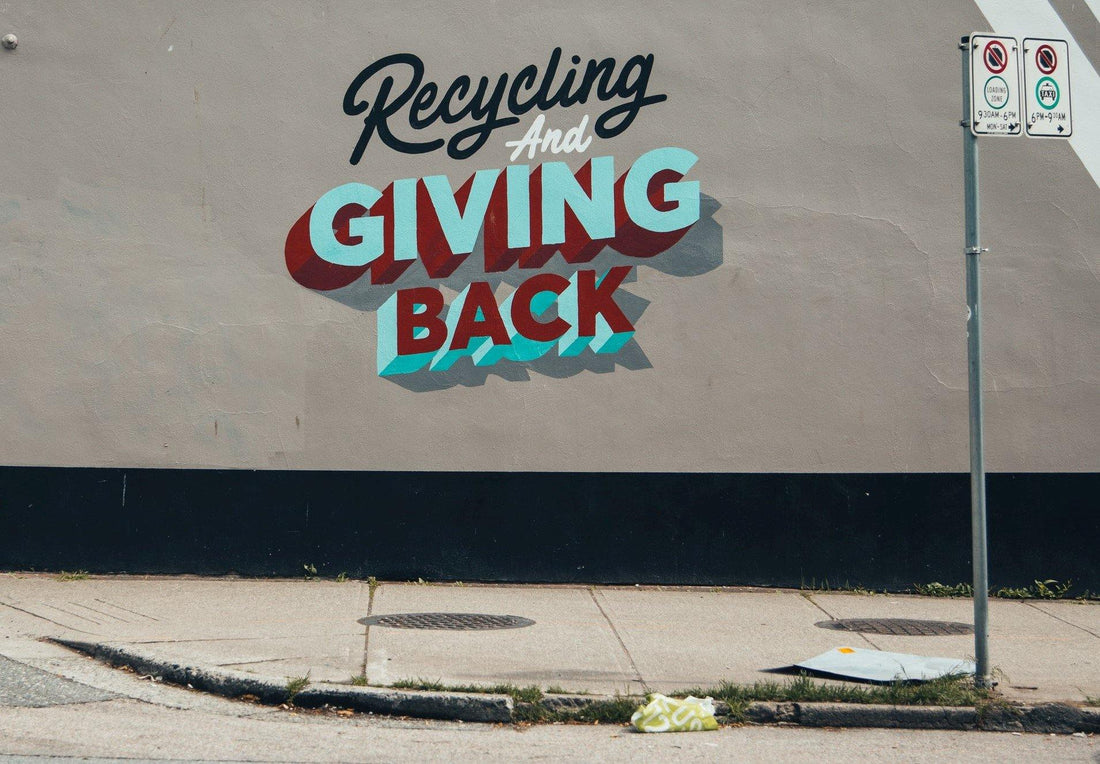In view of finite resources and the issue of climate change, the buzzword "circular economy" is often used. But what is it actually? In this article, we explain what this alternative to a throwaway society is all about and where NIKIN is already acting "circularly".
The term "circular economy" has increasingly become the focus of public attention in recent years. Especially as industry and consumers are becoming increasingly aware of the effects of growing consumption. The European Parliament estimates that the production of everyday goods accounts for 45% of CO2 emissions. But what is a circular economy anyway?
What is the circular economy?
A circular economy refers to systems in which products are not simply consumed and disposed of. Instead, products are maintained or repaired as often as possible and ultimately broken down into their components at the end of their life and recycled. This type of economy requires a paradigm shift in several areas compared to the linear economy.

Circular economy affects all areas
For a circular economy to be worthy of its name, different standards need to apply right from the conception of goods. Currently, the lifespan of most consumer goods is limited. From cars to hand blenders, many things break down within a certain period of time - so that the customer buys a newer model. There needs to be a change here, towards goods that can be modified and repaired. Shared use via sharing concepts, such as car or bike sharing, is also part of the circular mindset. On the one hand, this opens up challenges for entrepreneurs, but on the other it means that global supply chains and their potential disruption can be avoided. The supposed loss of revenue due to the absence of new product offerings can also be compensated for by other services - software providers have been demonstrating this for a long time.

What seems new today was once the norm
In fact, a circular economy is probably easier to realize with a willingness to rethink than the representatives of the linear economy would have us believe. One example is plastic bottles and their recycling. It used to be common practice for drinks to be sold in returnable glass bottles and crates. Anyone who needed drinks for on the go used a multi-purpose bottle.

Circular economy in the fashion world
A few decades ago, the fashion world was even more circular. Whereas today "throwaway fashion" is consumed and replaced within a few weeks, people used to buy long-lasting quality pieces. Clothes lasted for years and were occasionally mended or adjusted. Some department stores had their own tailoring services. A good pair of shoes was resoled by a shoemaker, but never thrown away. However, this always-use-again mentality is making a comeback. The German start-up Circular.fashion has created a Circularity.ID so that customers will know where to return their old clothes in future. NIKIN is also trying to produce more circularly and make better use of resources on several levels.

What we do
We are not perfect, but we are moving in the right direction. We have already established processes and measures for a circular economy at various levels, including sales, design, collection, reuse and repair. For more details, you can take a look at the graphic above. Our latest collection, the Reuse Collection, which goes online on September 14, is also partly made from recycled waste materials from older productions and is therefore a symbol of a more conscious use of our resources and goods.
You can find the Reuse Collection online in our webshop from Tuesday, September 14, 2021. Stay tuned: in the coming week, you will also find an interview with expert Prof. Dr. Tobias Stucki on the circular economy and an article with tips and tricks on how you can make your everyday life more circular.




















